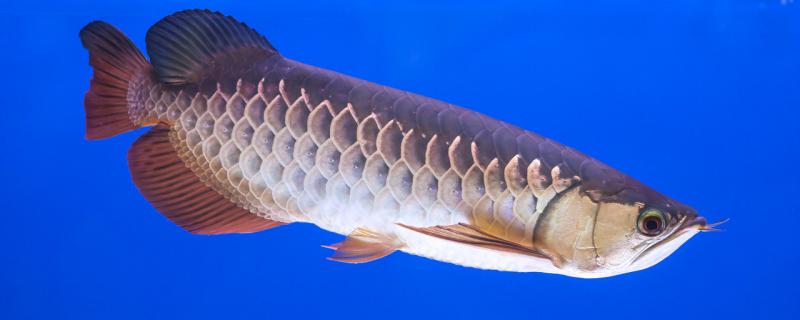 Should the
Should the newly bought arowana needs to be turned off at night. Turning off the lights at night allows them to be in a normal state of day and night alternation, which is conducive to their familiarity with the new environment, as well as their metabolism and growth. Turning off the lights
at night can also make them better adapt to the unfamiliar environment outside. Keeping them in a dark environment can enhance their sense of security and help them grow better and faster. Moreover, long-term light exposure is not conducive to their health, will make their spirit in a state of tension for a long time, resulting in their mental depression. So it's better to turn off the lights at night.
for newly bought arowana? Newly bought arowana should decide the color of lighting according to their species and colors. If it is a red arowana, it is best to use a light red light, a long time of light will make their body color more bright. If it is other species of arowana, the breeder can use white or yellow lights, which is also good for their body color.
Breeders should be careful that the intensity of the light should not be too high, so as not to stimulate them and cause them to have stress reactions. In addition, high-intensity light exposure can also reduce their resistance and increase their risk of disease.